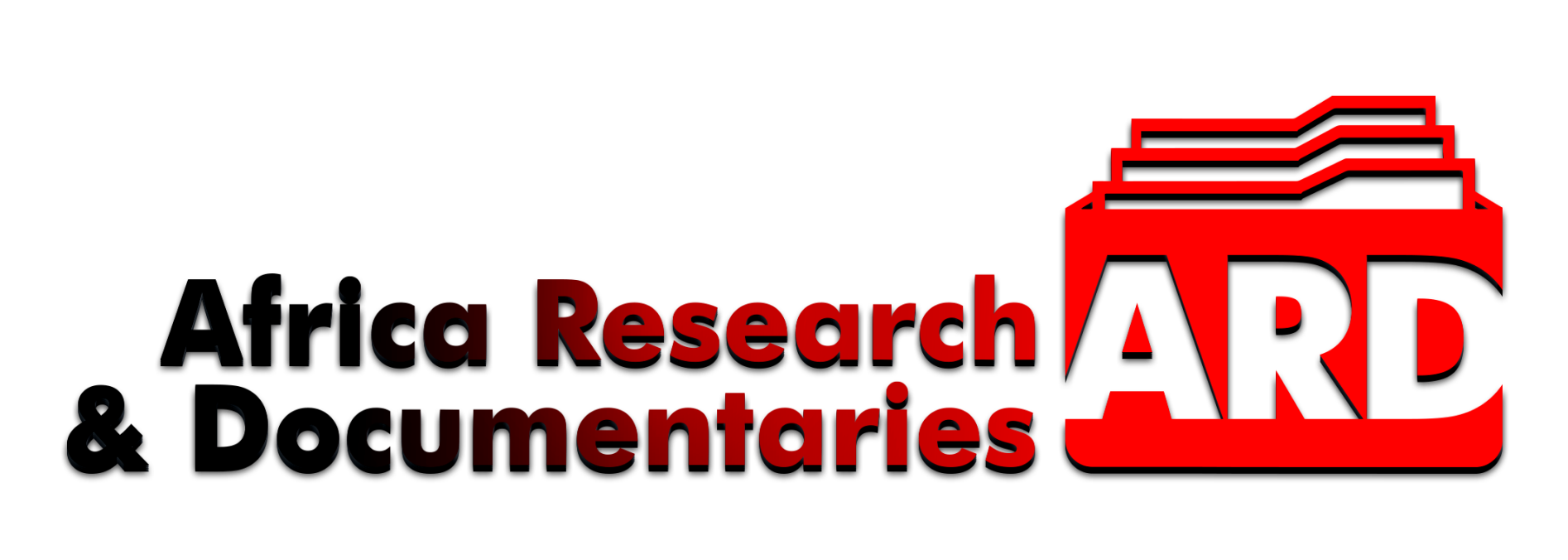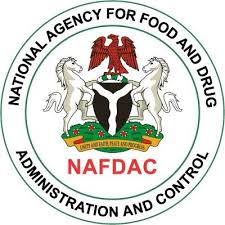Pharmaceutical Manufacturers Urge NAFDAC to Fast-Track Product Approvals for Local Production
Local pharmaceutical manufacturers are calling on the National Agency for Food and Drug Administration and Control (NAFDAC) to speed up the approval process for their products. With the recent exit of major multinational pharmaceutical companies from Nigeria, local manufacturers are ready to fill the gap in medicine supply, but they need quicker regulatory support.
Local Manufacturers Ready to Step Up
The Pharmaceutical Manufacturers Group of the Manufacturers Association of Nigeria (PMG-MAN) has expressed confidence in local companies’ ability to produce essential medicines. However, these companies need timely support from NAFDAC to ensure continuous availability of important drugs. PMG-MAN’s Chairman, Oluwatosin Jolayemi, emphasized that accelerated product registration is crucial to replace medicines previously supplied by multinationals that have either reduced or stopped operations in Nigeria.
Why Speeding Up Approvals Is Important
Recently, big companies like GlaxoSmithKline and Novartis have withdrawn or reduced their presence in Nigeria, which has caused a shortage of certain essential medicines. This has led to a rise in the prices of popular drugs, including the antibiotic Augmentin and asthma treatment Seretide. Jolayemi noted that NAFDAC has agreed to prioritize local manufacturers to help them meet the country’s needs. He explained that if the registration process is quicker, Nigerian companies could quickly scale up production to replace the missing supplies. The government’s recent zero VAT policy on pharmaceutical inputs presents an opportunity for local manufacturers to produce medicines more affordably. Jolayemi believes this policy, combined with NAFDAC’s support, will empower Nigerian companies to make medicines accessible and affordable. He added that the local industry can produce high-demand drugs like antibiotics without lowering safety and quality standards.
Not Lowering Standards, Just Faster Approvals
Jolayemi made it clear that local manufacturers are not asking NAFDAC to reduce its requirements for quality and safety. Instead, they are asking for guidance on how to speed up the process of producing essential medicines locally. By focusing on developing local capacity, Nigeria can become less dependent on foreign imports, leading to lower costs and better access for Nigerians.Jolayemi pointed out that countries like India have achieved self-sufficiency in pharmaceuticals by supporting local manufacturing standards. He noted that Nigeria, as a younger nation, should not try to copy the standards of countries with much older manufacturing industries. Instead, Nigeria should focus on standards that work within its context, which can help the country meet its own pharmaceutical needs.
Empowering local pharmaceutical manufacturers is not just about business; it’s about ensuring every Nigerian has access to affordable and essential medicines. Together, we can build a self-sufficient healthcare system that truly meets the needs of our people.
NAFDAC’s Commitment to Boosting Local Manufacturing
NAFDAC’s Deputy Director of Public Affairs, Christina Obiazikwor, confirmed the agency’s dedication to supporting Nigerian manufacturers. According to Obiazikwor, NAFDAC’s Director General, Prof. Mojisola Adeyeye, is strongly committed to promoting local pharmaceutical production and has made it her mission to reduce Nigeria’s dependence on imported medicines. In 2021, Adeyeye outlined a goal to reduce Nigeria’s reliance on foreign pharmaceuticals from 70% to 30% by 2025. As part of this initiative, NAFDAC introduced a “Five Plus Five-Year Validity” policy, which requires foreign companies to either partner with local firms or set up production plants in Nigeria to maintain their licenses. This policy encourages more investment in local production, further strengthening Nigeria’s pharmaceutical industry.
A Step Toward a Healthier Nigeria
This push for faster NAFDAC approvals and support for local manufacturing could lead to more accessible and affordable medicines for Nigerians. By producing more locally, Nigeria has the chance to reduce prices, ensure availability, and support local businesses, ultimately benefiting the health and well-being of the entire nation.
With the exit of multinational pharmaceutical companies, Nigeria faces an urgent need to boost local medicine production. By accelerating NAFDAC approvals and prioritizing local manufacturers, the country has a unique opportunity to reduce dependence on imports and make essential medicines more affordable. Supportive policies, like the zero VAT on pharmaceutical inputs and NAFDAC’s “Five Plus Five-Year Validity” initiative, pave the way for Nigerian companies to step up and fill the gap. Strengthening local production not only ensures a more stable supply of essential drugs but also builds a resilient healthcare system that truly serves the Nigerian population.











